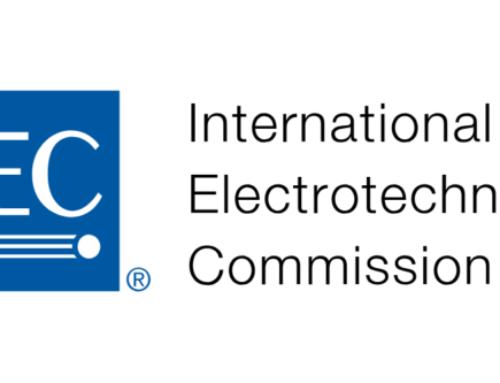On 30 December 2020, the China Automotive Technology and Research Centre (CATARC) convened the second meeting of the “go global” working group on automobile standards. The meeting reviewed the state of play of the “go global” strategy of China’s automobile standards.
Currently, China’s automotive standards have gained influence and made substantial progress in Southeast Asian, Central Asian and North African markets. Specific achievements include:
Communications of standards in ASEAN market: CATARC organised several bilateral and multilateral meetings in the ASEAN region, including the (i) China-ASEAN Exchange on the policies and regulations of energy conservation and emission reduction of automobiles, and (ii) China-Indonesia Seminar on Standardisation of Electric automobiles. Moreover, the China-Malaysia (CATARC-Marii) next generation automobile expert group will convene in the first quarter of 2021: its objective will be to promote China’s standardisation system and key projects in the field of new energy automobiles.
Breakthroughs in Central Asian market: CATARC held the “China-Uzbekistan Electric Automobile Standard Certification Conference” – jointly with the Uzbekistan Standardisation Metrology Certification Authority and the Ministry of Automobile Industry. One of the outcomes of the conference was the establishment of a dedicated China-Uzbekistan Electric Automobile Standardisation Expert Group. In addition, CATARC also completed four training courses on 19 specific electric automobile standards. At present, Uzbekistan has begun its translation and conversion of China’s automobile standards, and is trying to adopt these standards as its own standards.
Conversion of standards in North Africa: CATARC and BYD – China’s EV giant – were awarded the certificate of membership of the Moroccan Electric Automobile Standards Technical Committee. To date, Morocco has already begun the conversion of ten GB electric automobile standards into Moroccan national standards; one draft standard has already been formed. Moreover, Morocco has invited CATARC to participate in the ex-post evaluation of the converted standards.
Background:
CATARC is the Secretariat of the National Technical Committee of Auto Standardisation SAC/TC114. It is also the main player in China’s automobile standardisation. SAC/TC114 has 30 technical subcommittees, whose work covers all kinds of technologies within the automobile sector – from traditional gas-powered automobiles to new energy automobiles and intelligent connected automobiles.
Over the past few years, the Secretariat of SAC/TC114 has established various working groups to conduct research and development of standards in key areas, including: test standards for automotive collision, standards for auto airbag, commercial automobiles, automobile noise, electric automobiles motors, and electric automobiles batteries. SAC/TC114 has also opened the membership of its communication committee to eleven foreign auto companies that have set up joint ventures in China.
CATARC’s “go global” working group of automobile standards was established on 31 March 2020, with the aim to become a platform for research, communication and cooperation, providing strong support to China’s automobile standards and products “go global”. The main research activities of the working group focus on the strategies, models and methods of internationalisation. Moreover, based on sector requirements, the working group has frequently organised specific communication and cooperation initiatives on the “go global” strategy, aimed at expanding the international influence of Chinese automobile standards and Chinese automobile brands.
Another key responsibility of the “go global” working group, is to provide support to decision-making when it comes to determining whether and how Chinese automobile standards should influence foreign auto markets and countries. Specifically, the working group has launched multilateral and bilateral communication with other countries, aimed at understanding aspects such as the situation of their automobile markets, industrial policies, technology development, standardisation regulatory system, the procedures for participating in the development and revision of standards, and the impact of international standards. Finally, the working group also analysed and provided clarity on the competitive areas and key projects in China’s automobile standards system, and outlined relevant strategies, models and methods based on the principles, objectives and requirements of the “go global” strategy.
Link of related news (in Chinese language): http://www.catarc.org.cn/work/detail/2092.html




